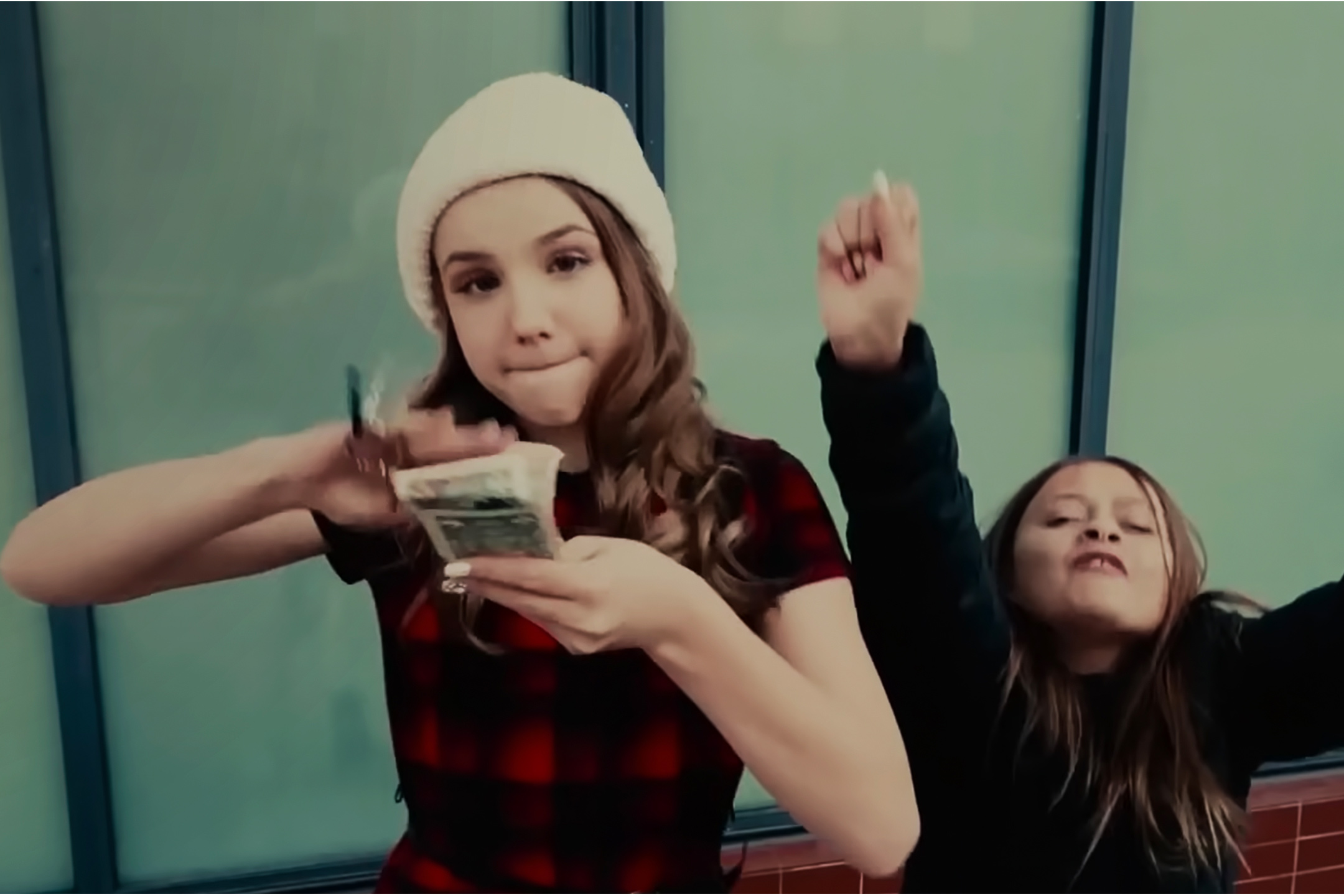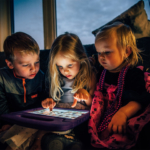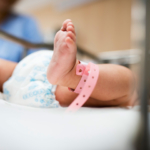
16 Apr New Netflix Documentary Raises Big Questions About Kidfluencers—and Aussie Teens Aren’t Comfortable
A powerful new Netflix documentary is sparking conversation among families across Australia, shining a spotlight on the growing world of kidfluencers—children who share their lives on social media, often with massive followings and brand deals. But while their online fame may seem glamorous, Australian teens are raising red flags about the emotional and ethical cost of growing up in the public eye.
According to new survey data from UNICEF Australia, the majority of Aussie teens say they feel uncomfortable about the rise of child influencers online.
Key stats:
61% of teens aged 13–17 feel uneasy about children being influencers.
72% of older teens (16–17 years) are particularly concerned.
Girls (65%) are more likely than boys (58%) to feel uncomfortable.
John Livingstone, Digital Policy Manager at UNICEF Australia, says the discomfort isn’t just about the influencers themselves—it’s also about how much of their personal lives they share.
“A significant 73% of teens say they’re uncomfortable with kidfluencers posting personal information online,” says Mr Livingstone. “Even when parents are involved in building their child’s social media following, most teens (60%) are sceptical—and that number jumps to 67% among older teens.”
Perhaps even more telling is the lack of trust teens place in this kind of content: just 11% of young people say they trust what kidfluencers post online.
The Netflix documentary explores the legal and ethical grey areas surrounding child influencers, focusing on how current laws have failed to protect children from exploitation. It examines issues such as excessive working hours, lack of regulation, and the long-term impact of growing up in the public eye. Through real-life stories from former kidfluencers and the families behind the cameras, the docuseries also delves into questions of parental responsibility, online consent, and how constant digital exposure can affect a child’s identity and wellbeing.
Australia has enacted legislation banning children under 16 from using social media platforms, effective from December 2025. However, Mr Livingstone stresses that this alone won’t protect kids, especially considering that YouTube is currently exempt from this new law.
“Parents may still be running their child’s accounts. That’s why we need to go beyond bans and introduce updated privacy laws and education campaigns to safeguard children’s digital lives.”
Why This Matters for Parents and Carers
If your child follows young influencers online—or wants to become one—it’s worth watching the documentary and having an open conversation about digital privacy, consent, and the long-term impact of growing up in the spotlight.
As the internet continues to evolve, so too must our efforts to make it safer for children.
Main Image: Bad Influence: The DarkSide of Kidfluencers (Netflix)




